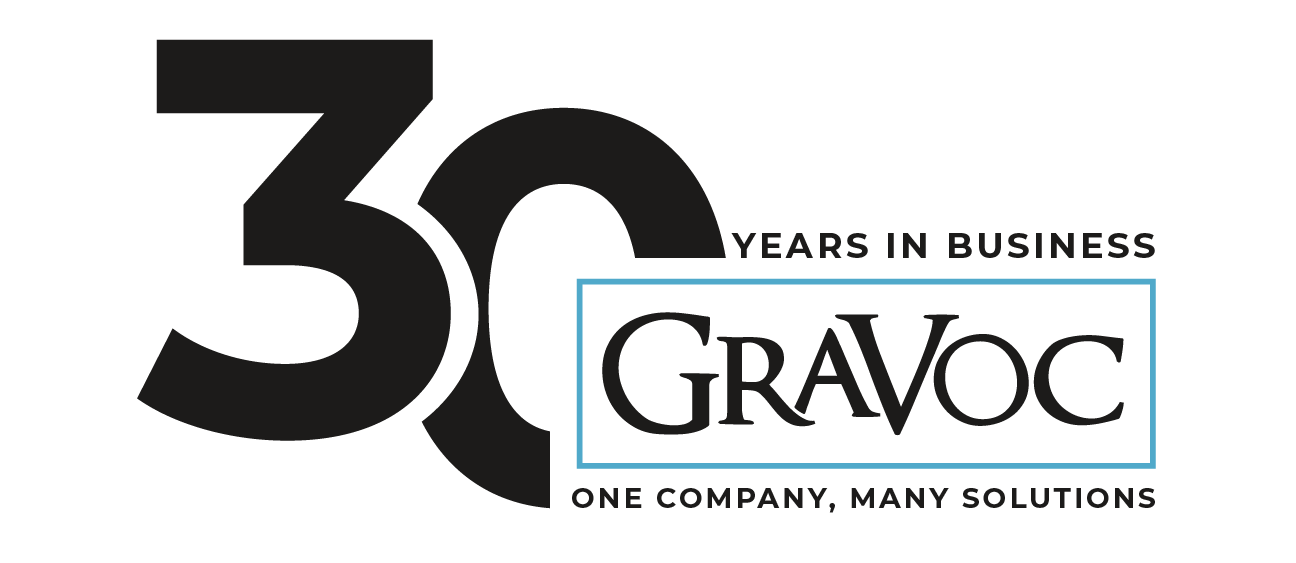As a Microsoft partner and as a group of interested observers in the technology realm, we like to keep up with strategies the big players do that may shape the industry long-term. We consider Microsoft’s decision to introduce “Bing in the Classroom” to be an interesting strategic move, and possibly one that echoes a strategy from decades ago with effects still echoing today.
Bing obviously is lagging miles behind Google in popularity as a search engine, to the point that we’ve heard they set up swear jars in some of their offices to punish employees who use Microsoft’s competitor as a verb. They are attempting to bring back some market share with newer Internet users by differentiating itself as the ad-free search engine to be used in a classroom. Whether public schools will indeed adopt Bing in the Classroom instead of just ignoring the ads on Google still remains to be seen. However, if they do, Microsoft may see significant benefits down the road.
This is a proven model, as many believe that part of Apple’s dominance among the Millenial generation stems from the fact that so many computers used in elementary school classrooms in the 1990s were Macintosh computers. Not only did selling computers to public schools help save Apple in that time period, it also bred a generation of Mac users. If Bing becomes the search engine of choice in the classroom, Microsoft could be a few winning strategic moves away from making Bing a search engine worth being mentioned in the same breath as Google when these students come of age.

